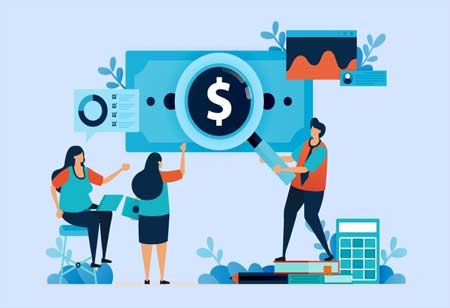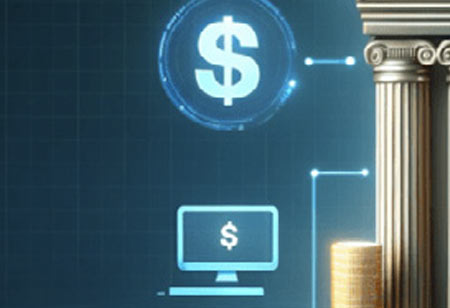THANK YOU FOR SUBSCRIBING

By
Banking CIO Outlook | Friday, October 24, 2025
Stay ahead of the industry with exclusive feature stories on the top companies, expert insights and the latest news delivered straight to your inbox. Subscribe today.
Fremont, CA: Credit cards have long been an inseparable part of modern financial life, offering many advantages in managing expenses, building credit, and enjoying various perks. If used wisely, they can be a potent tool for maintaining financial health and convenience. In this regard, understanding the benefits of owning a credit card and using it responsibly to maximize its potential is of prime importance.
One of the primary benefits of having a credit card is establishing and improving one's credit history. When you use your credit card responsibly, meaning you pay on time and keep your balance low compared to your credit limit, you build a good credit history. That's important in building good credit that will be helpful for you in other ways, such as getting loans at a great interest rate or getting better terms on a mortgage.
Credit cards also provide considerable facility and flexibility in expenditure management. They facilitate immediate purchases and give a comprehensive record of transactions, which, in turn, may help estimate spending and maintain budgets. Many credit cards have rewards programs, such as cashback, points, or travel miles, that can be used toward a wide range of benefits. It increases buying power and gives applicable benefits when making everyday or special-occasion purchases.
Credit cards provide better security and protection. Most have zero-liability policies for unauthorized transactions; you won't need to pay for fraudulent charges if your card is stolen. There could also be extended warranties, purchase protection, and even travel insurance, which adds more value to your purchases.
The use of credit cards has its benefits, but it's essential to avoid falling into debt. Your credit utilization, the ratio of credit used to the amount available, is also important. It's best to keep your credit utilization below 30 percent to maintain an optimal credit score, as this reflects well on your financial situation to potential lenders.
Another critical element of maintaining a decent credit profile is making timely payments. Paying the total bill of a credit card at the end of each month helps you avoid interest charges and late fees; it also ensures that you are not carrying a balance into debt accumulation. Using automatic payments or reminders may be helpful to avoid missing due dates.
Besides that, the interest rates and fees for credit cards should also be considered. If outstanding balances attract high interest rates, this can add to significant debt over time if handled with little care. Therefore, understanding the terms and conditions of your credit card includes knowing whether it has annual and foreign transaction fees, which will go a long way in selecting a card based on your financial habits and needs.
THANK YOU FOR SUBSCRIBING
Be first to read the latest tech news, Industry Leader's Insights, and CIO interviews of medium and large enterprises exclusively from Banking CIO Outlook
I agree We use cookies on this website to enhance your user experience. By clicking any link on this page you are giving your consent for us to set cookies. More info



